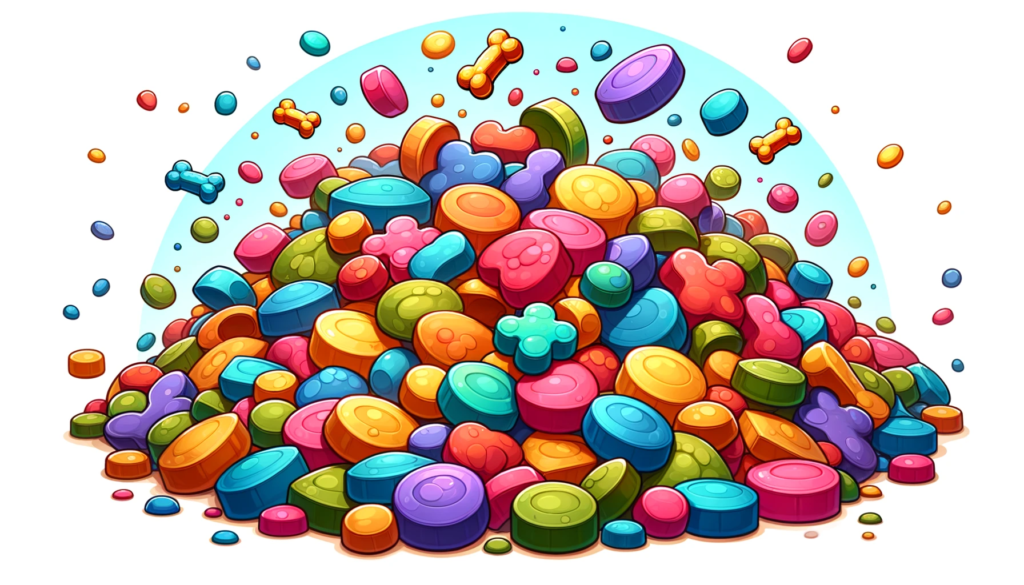
Exploring the Benefits of Dry Food Diets for Dogs
Choosing to feed dogs dry food only offers several advantages. Dry food, or kibble, is not only cost-effective but also convenient for storage and maintaining dental health. The crunchy texture of kibble helps reduce plaque and tartar buildup, promoting oral hygiene.
Ensuring Nutritional Adequacy in a Dry Food Diet
Feeding dogs dry food only requires careful selection of a balanced diet. High-quality kibble should meet the nutritional standards set by AAFCO or FEDIAF. Focus on products rich in proteins, carbohydrates, fats, vitamins, and minerals, and avoid those with unnecessary fillers or additives.
The Importance of Hydration and Dental Care in Dry Food Diets
A significant consideration when feeding dogs dry food only is ensuring adequate hydration, as kibble has low moisture content. Consistent access to water and incorporating moisture-rich foods into your dog’s diet are essential. Regular dental care complements the dental benefits of dry food, helping prevent long-term oral issues.
The Carbohydrate Content in Dry Dog Food: A Critical Analysis
Dry dog food is often high in carbohydrates. Though dogs have evolved to digest carbs effectively, their natural preference leans towards a diet rich in proteins and fats. Choosing a low-carb kibble might be more in line with their ancestral dietary patterns.
Transitioning Your Dog to a Dry Food-Only Diet
Gradually transitioning your dog to a dry food-only diet is crucial to avoid gastrointestinal distress. Begin by mixing dry food with their current diet, slowly increasing the proportion of dry food. Always consult a veterinarian before making significant dietary changes.
Customizing Dry Dog Food to Individual Canine Needs
Every dog is unique, with varying dietary needs based on age, health, and lifestyle. Puppies require diets high in energy and nutrients, while senior dogs may need diets tailored for joint health and cognitive support. Dogs with specific health conditions might benefit from specialized diets.
- Understanding Your Dog’s Nutritional Needs
- Tips for Keeping Your Dog Hydrated
- Guide to Canine Dental Health
